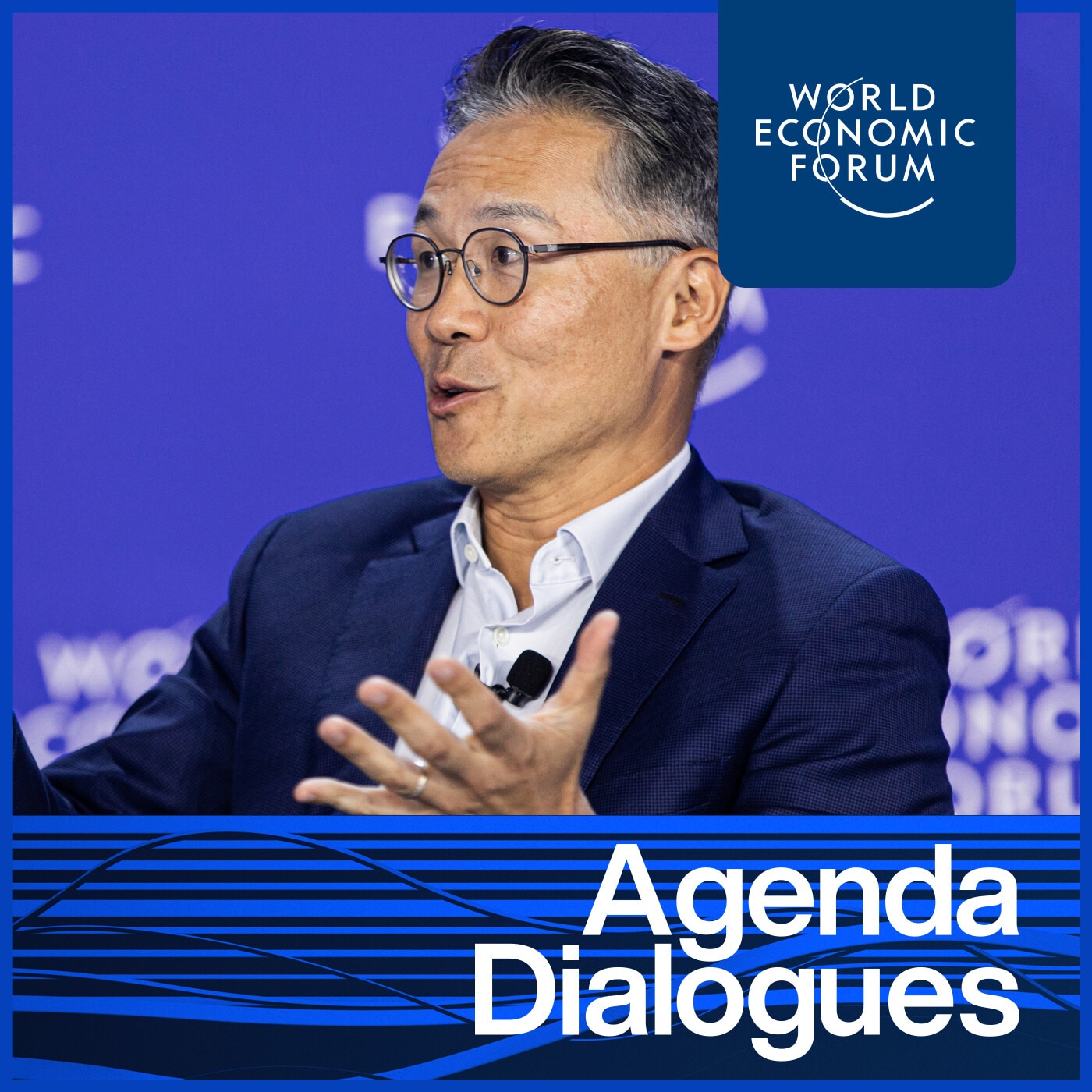How to encourage philanthropy in diasporas

Stay up to date:
Economic Progress
Diasporas are increasingly garnering attention as contributors to economic and social development in their countries of origin. Remittances from international migrants to developing countries alone are three times the amount of official development assistance. Diasporas have both the desire and capacity to invest in their countries of origin, but as discussed in our last blog post (Why Diaspora Investing is a Burgeoning Trend), there exists several barriers to diaspora capital flows including lack of information, widespread legal challenges, and the growing need for financial intermediaries. U.S. diasporas value transparency, tax deductions, and the ability to invest in entrepreneurship, but they are often restricted from investing due to strict investor regulations. Perhaps the solution is a well-established IRSphilanthropic vehicle called a donor advised fund (DAF), which can be tailored to appeal to the diaspora.
Donor advised funds are charitable giving vehicles administered by public charities into which donors can make tax deductible donations. A portion of the assets leave the DAF in the form of grants to qualified nonprofits when donors make grant recommendations; the remainder of the assets are reinvested in securities until they are recommended for grants. DAFs in the U.S. hold nearly $54 billion in assets. The largest DAFs are managed by the charitable trusts of Schwab, Vanguard, and Fidelity, with the majority of their grants going to domestic nonprofits and their assets being invested in U.S. securities.
Given their tax-effectiveness, flexibility, and convenience, donor advised funds may represent an untapped international giving vehicle for the diaspora. DAFs will especially appeal to diasporas with institutionalized cultures of philanthropy, such as the Filipino diaspora. The U.S. Filipino diaspora has a history of sending tax-deductible donations to Philippine NGOs through partner intermediaries and sister organizations which serve as conduits for donations. That’s why The Aspen Institute Diaspora Investment Alliance (DIA) is partnering with Charities Aid Foundation (CAF) America and the Commission on Filipinos Overseas (CFO) to launch the Philippine Philanthropic Fund (PPF), a donor advised fund targeting the Filipino diaspora.
PPF will enable the diaspora to engage in both strategic grant making and indirect investing by making grants to local NGOs and investing DAF assets in the Philippines. It will greatly increase the access points of DAFs, which are usually targeted at upper-income earners, by allowing diaspora members to donate as little as $100. PPF will further enable diaspora to support economic growth by investing PPF assets in capital markets, bonds, social enterprises, and specialized vehicles for humanitarian response. For instance, a portion of assets could be allocated to a humanitarian assistance fund so that in the event of a future typhoon or earthquake, they could be immediately deployed via working capital loans to local disaster recovery NGOs. PPF will be supported by a NGO Transparency Portal, which will leverage CFO’s local knowledge and networks to standardize, validate, and aggregate important information about Philippine NGOs into a central database. DIA envisions a network of local NGO Transparency Portals that collectively provide diaspora populations, bilateral/multilateral organizations, and foundations with information on local NGOs to stimulate donations.
The expansion of diaspora capital flows beyond remittances provides an unrivaled opportunity for investment in local economic and social development. When presented with additional economic incentives married with diaspora home country connections, a viable option is mobilizing diaspora capital via Diaspora Advised Funds, donor advised funds targeting specific diaspora groups and their countries of origin.
DIA is in the process of developing Diaspora Advised Funds and NGO Transparency Portals for India, Kenya, and the Philippines.
This post first appeared on The World Bank People Move Blog.
Publication does not imply endorsement of views by the World Economic Forum.
To keep up with the Agenda subscribe to our weekly newsletter.
Author: Alexander Dixon is the Director of DIA. Pooja Virani is a senior program associate at the Aspen Institute.
Image: xxx
Don't miss any update on this topic
Create a free account and access your personalized content collection with our latest publications and analyses.
License and Republishing
World Economic Forum articles may be republished in accordance with the Creative Commons Attribution-NonCommercial-NoDerivatives 4.0 International Public License, and in accordance with our Terms of Use.
The views expressed in this article are those of the author alone and not the World Economic Forum.
Forum Stories newsletter
Bringing you weekly curated insights and analysis on the global issues that matter.
More on Economic GrowthSee all
Ivan Shkvarun
July 25, 2025
John Letzing
July 24, 2025
Katica Roy
July 23, 2025
Elena Raevskikh and Giovanna Di Mauro
July 23, 2025
Ali Alwaleed Al-Thani and Santiago Banales
July 21, 2025



